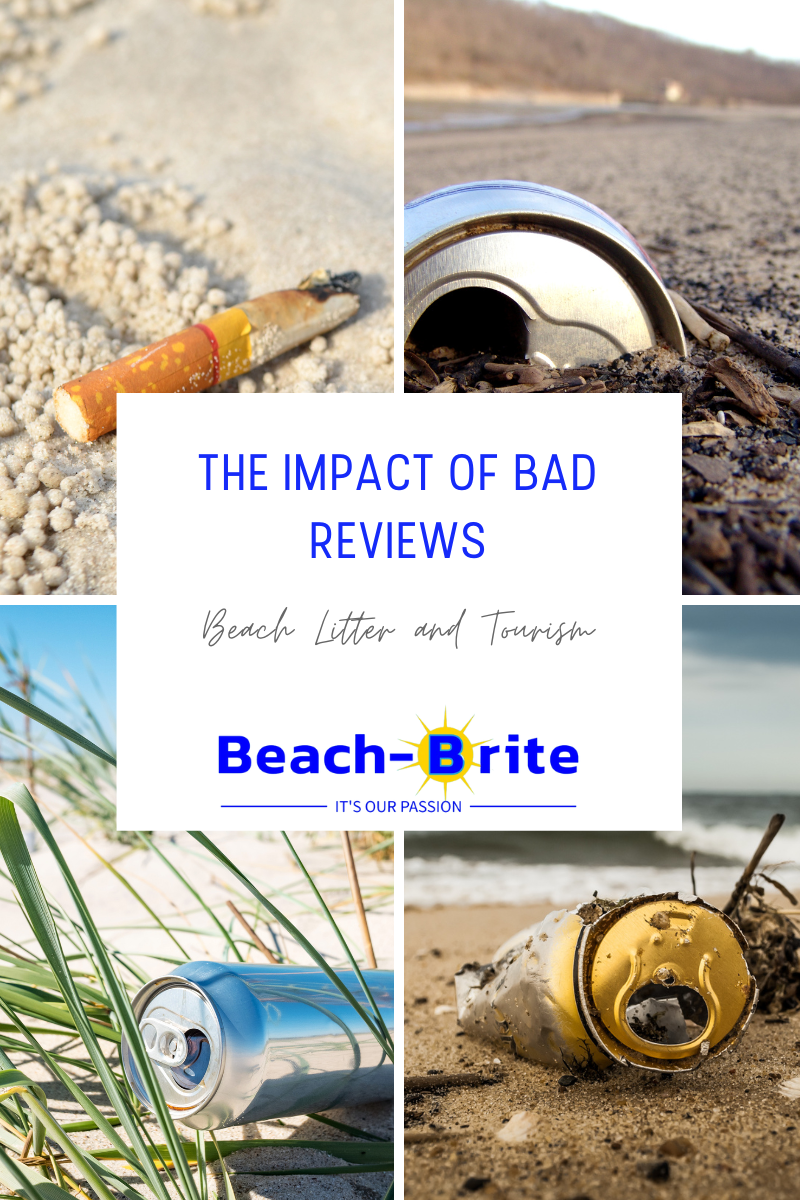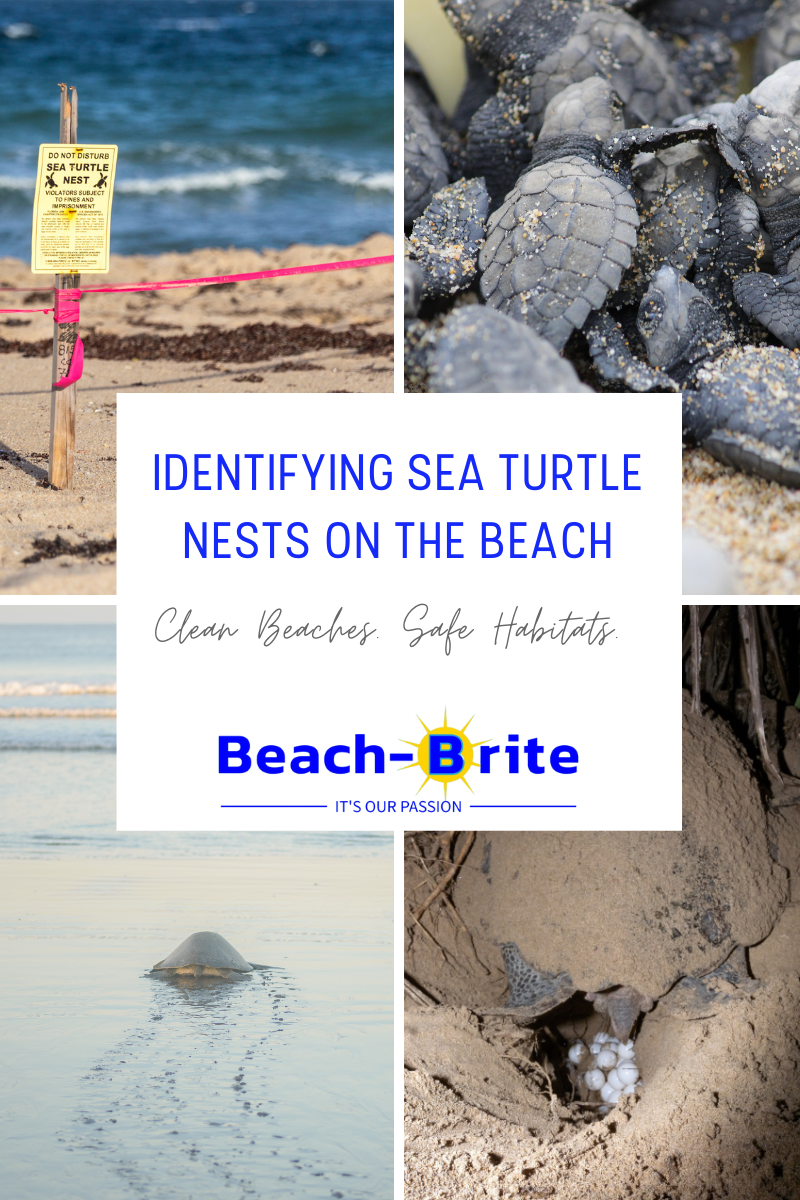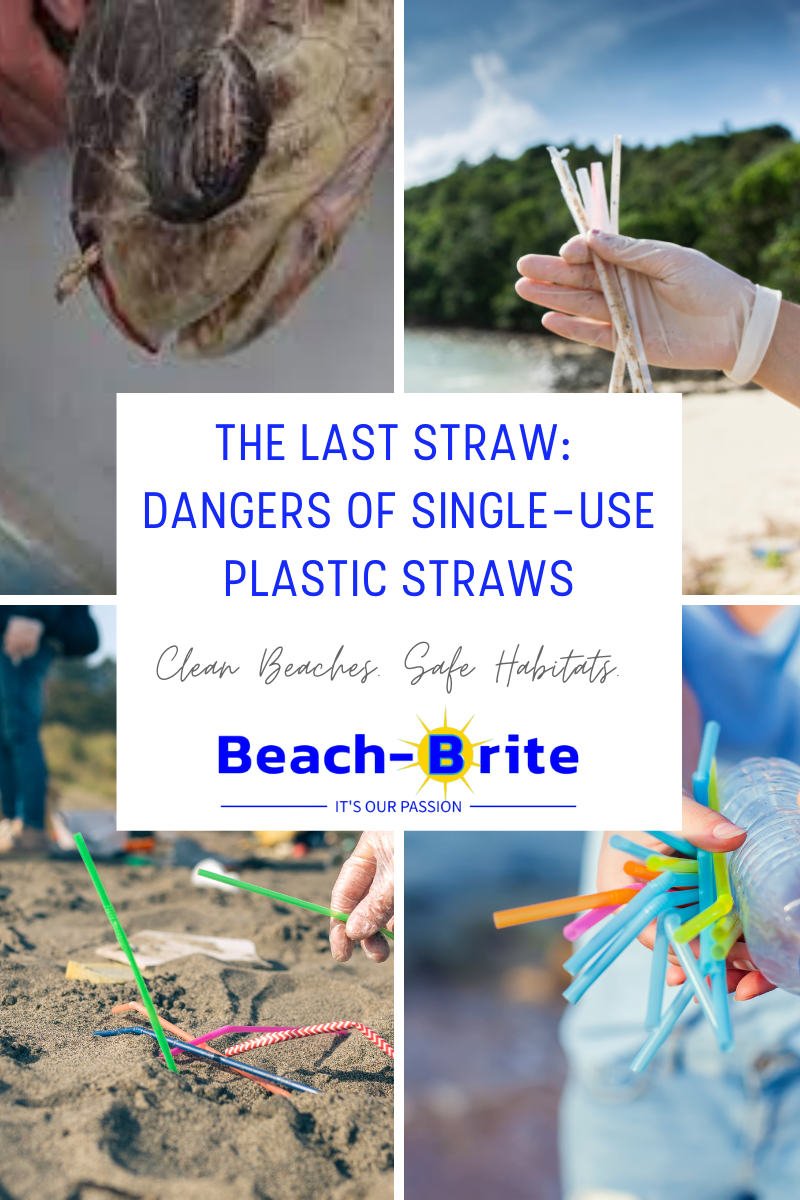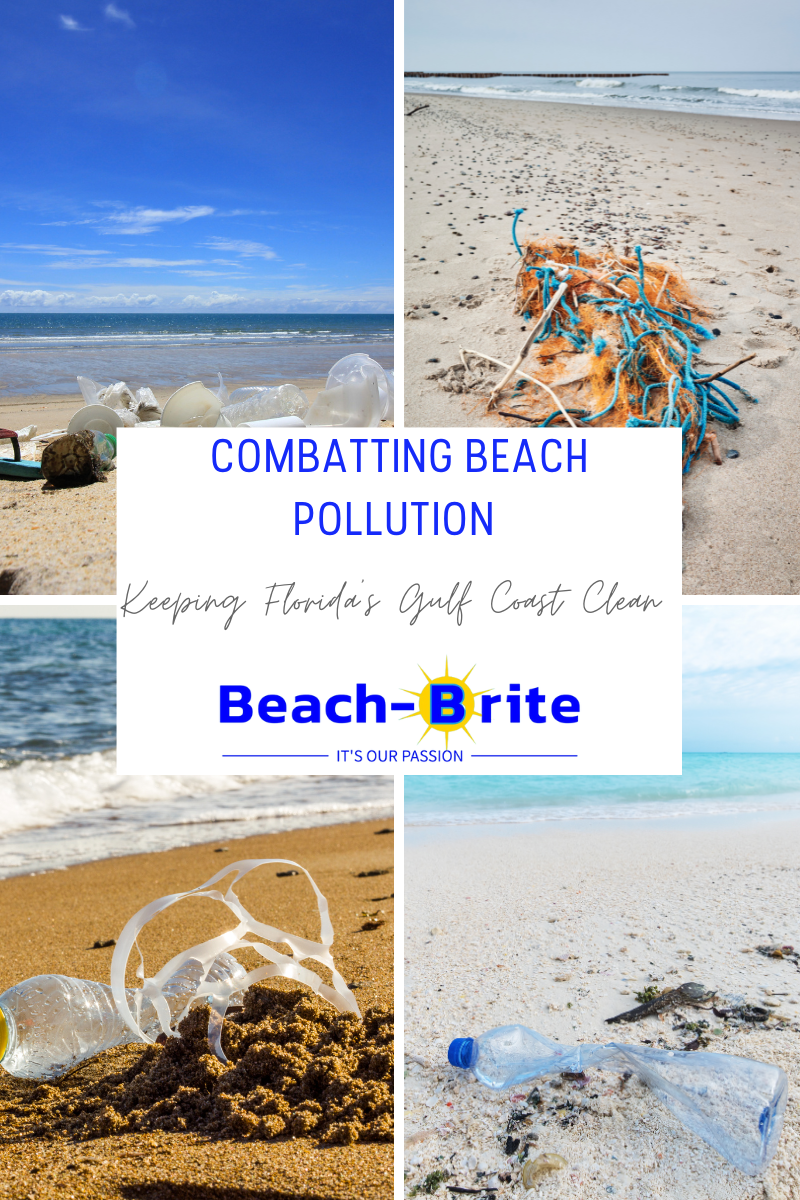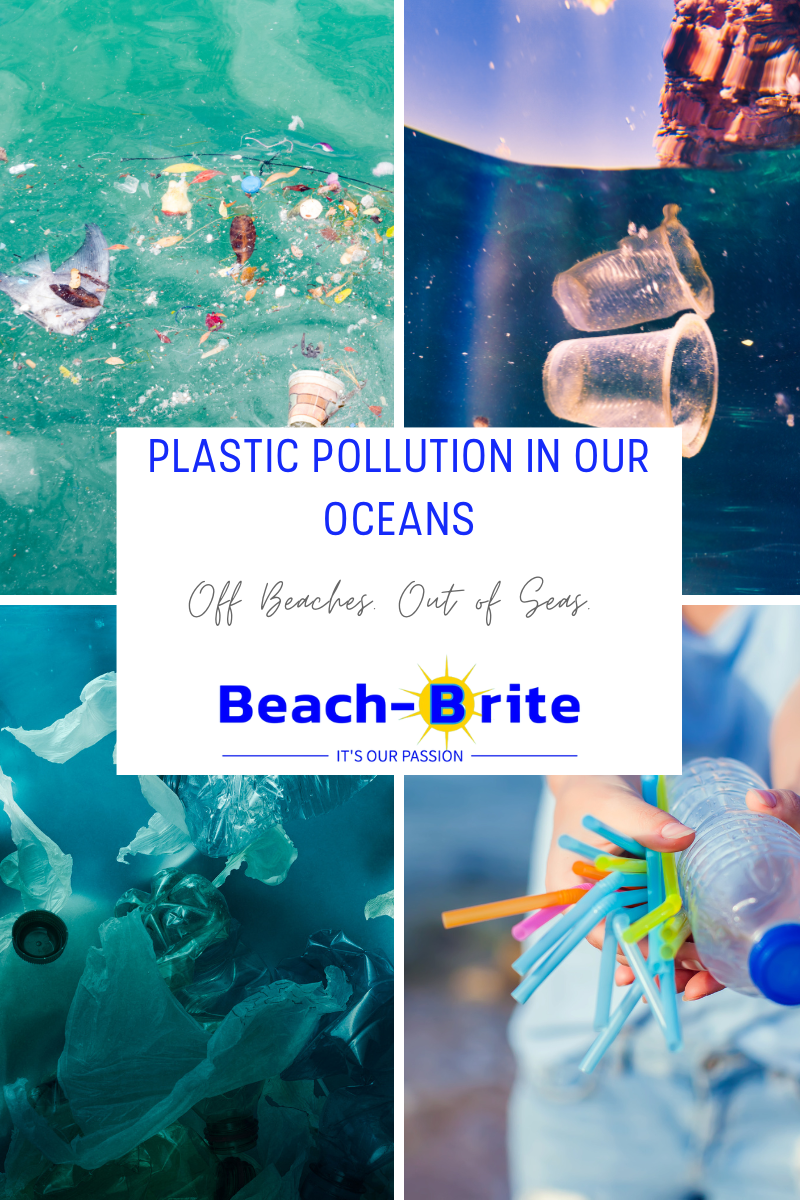
The Environmental Impact of Cigarette Butts
A Tiny Hazard with Massive Consequences
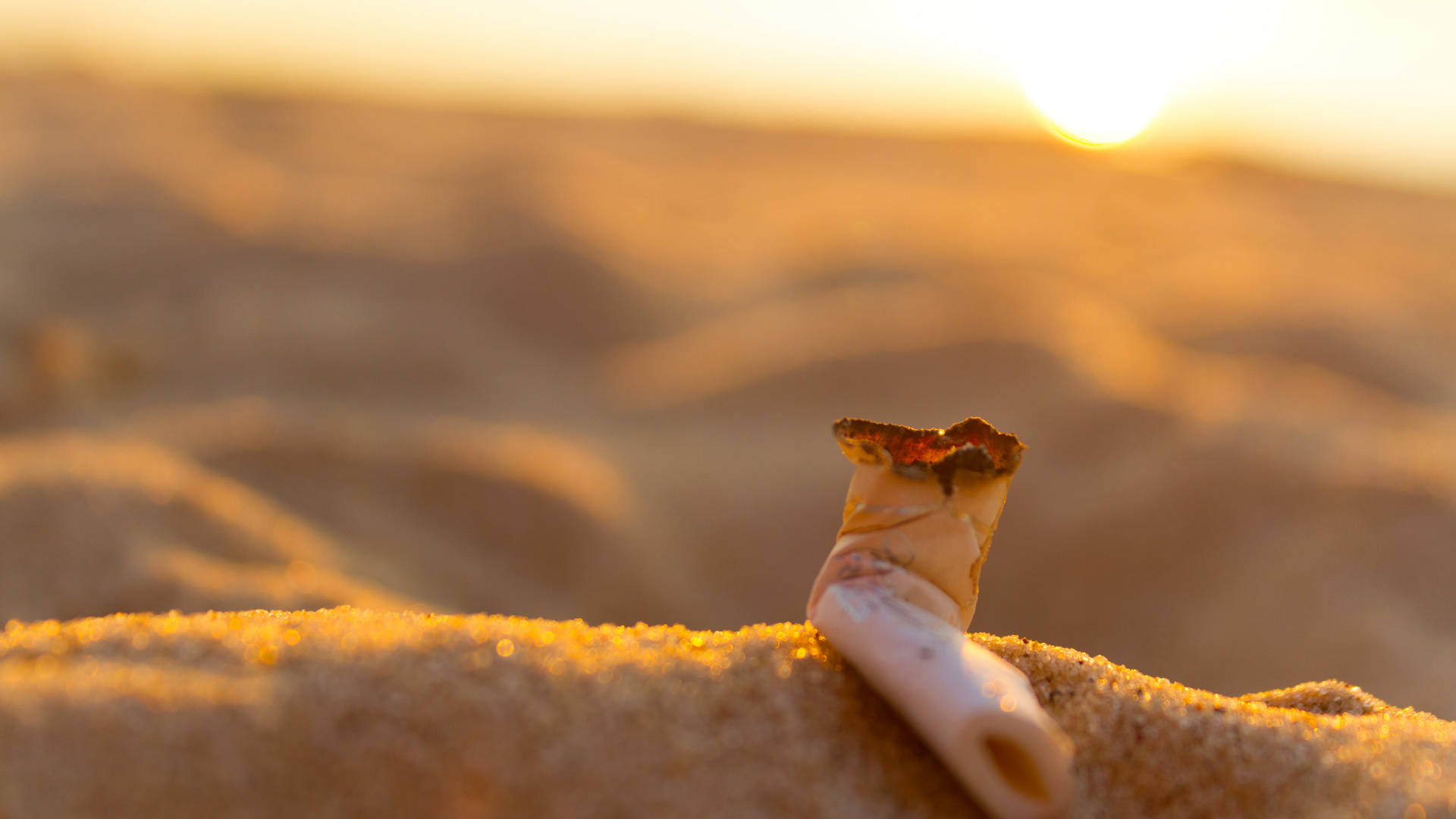
Cigarette butts, the small, often overlooked remnants of smoking, might seem insignificant compared to more significant environmental issues like plastic waste or air pollution.
However, these tiny butts have a colossal impact on our environment, from our city streets to the farthest reaches of our oceans. Let's delve into the environmental hazards posed by cigarette butts and explore what we can do to mitigate this largely preventable problem.
The Scale of the Problem
Cigarette butts are the most frequently littered item on the planet. According to the Ocean Conservancy's International Coastal Cleanup, they have consistently ranked as the top item collected during beach cleanups.
In 2020 alone, volunteers picked up over 4 million cigarette butts from beaches worldwide. The numbers are staggering and underscore the need to address this issue urgently.
Toxic Chemicals in Every Puff
What makes cigarette butts so hazardous to the environment? To start, they contain a cocktail of toxic chemicals. When a cigarette is smoked, it leaves behind the remnants of tobacco, nicotine, heavy metals like lead and cadmium, and countless harmful compounds.
These toxins can leach into the environment, posing risks to wildlife and ecosystems.
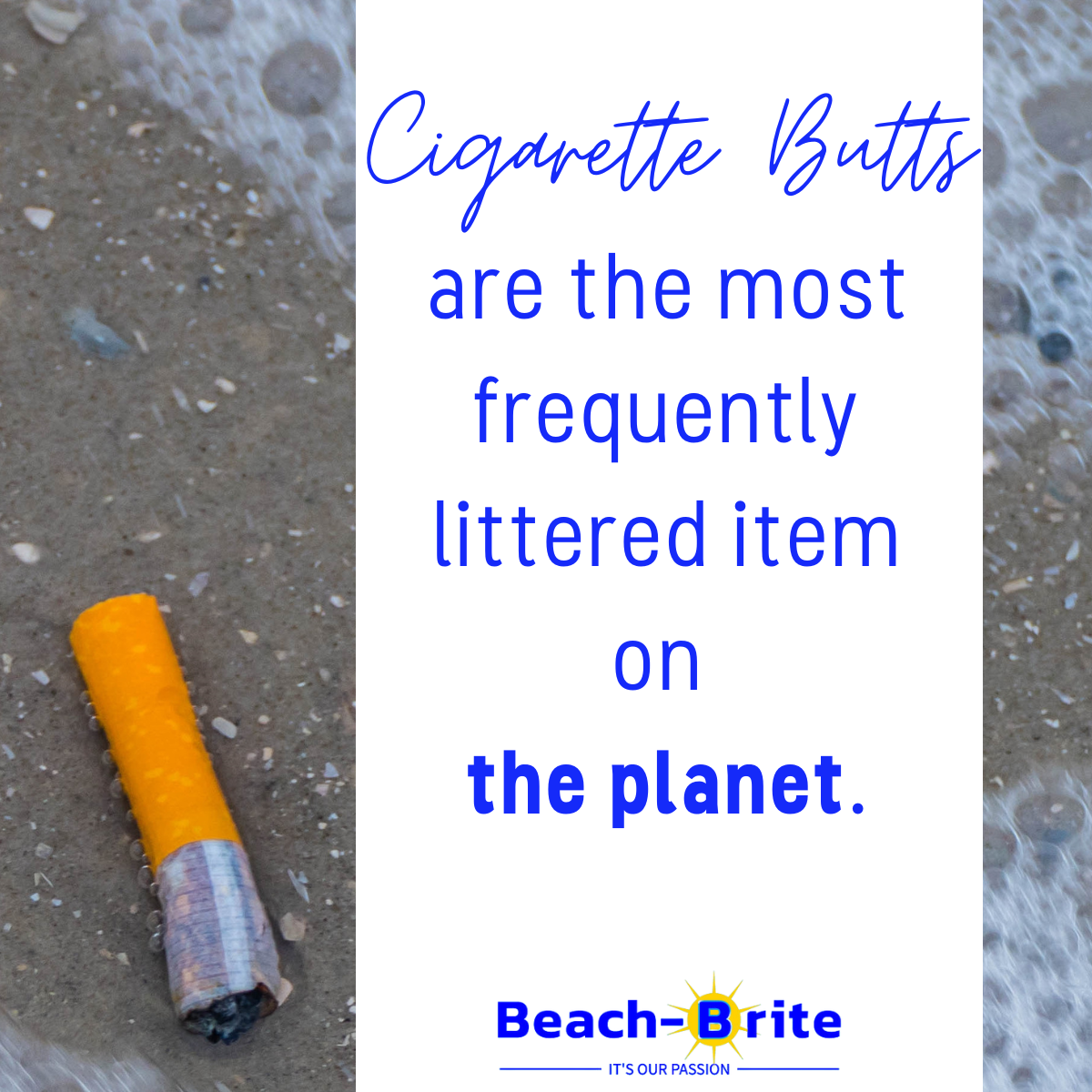
Plastic Pollution in Disguise
While many people associate cigarette filters with cotton, they are composed of cellulose acetate, a type of plastic. This means that when a cigarette butt is discarded, it contributes to the global plastic pollution crisis. These plastic filters can take up to a decade or more to break down; even then, they don't truly biodegrade. Instead, they break down into smaller and smaller pieces, becoming microplastics that persist in the environment for centuries.
Impact on Marine Life
One of the most concerning aspects of cigarette butt pollution is its impact on marine life. These butts often end up in storm drains, rivers, and the ocean. Once there, they can be mistaken for food by marine animals, leading to ingestion and potential harm. Ingesting cigarette butts can cause blockages in an animal's digestive system and introduce harmful chemicals into their bodies.
Tainting Our Beaches
Cigarette butts not only threaten marine life but also spoil the aesthetics of our beloved beaches. They accumulate in the sand, creating an unsightly and unsanitary mess. Over time, they release toxins into the environment, further degrading the beauty of our coastlines and harming the ecosystems that rely on these habitats.
What Can We Do?
Addressing the environmental impact of cigarette butts requires a collective effort:
Responsible Disposal
The simplest and most effective way to reduce cigarette butt pollution is to dispose of them properly. Use designated receptacles for cigarette disposal.
Beach-Brite can provide and maintain cigarette receptacles for customers along the Florida Panhandle.
Raise Awareness
Educate smokers and non-smokers alike about the environmental hazards of cigarette butts. Many people are unaware of the extent of the problem.
Protect Your Beach with Regular Cleaning
Yearly, volunteer beach clean up events are wonderful ways to collect beach litter. Unfortunately, that leaves the majority of the year left with beach pollution.
That's why Beach-Brite offers regular beach cleaning services to our customers. We can clean your Gulf Coast beach 1, 3, or 5 days a week.
Cigarette butts may be small, their environmental impact is enormous. To protect our planet and its ecosystems, we must acknowledge this issue and take action.
By disposing of cigarette butts responsibly and spreading awareness about their environmental consequences, we can collectively reduce this hazardous form of pollution and work towards cleaner, healthier environments for all.




